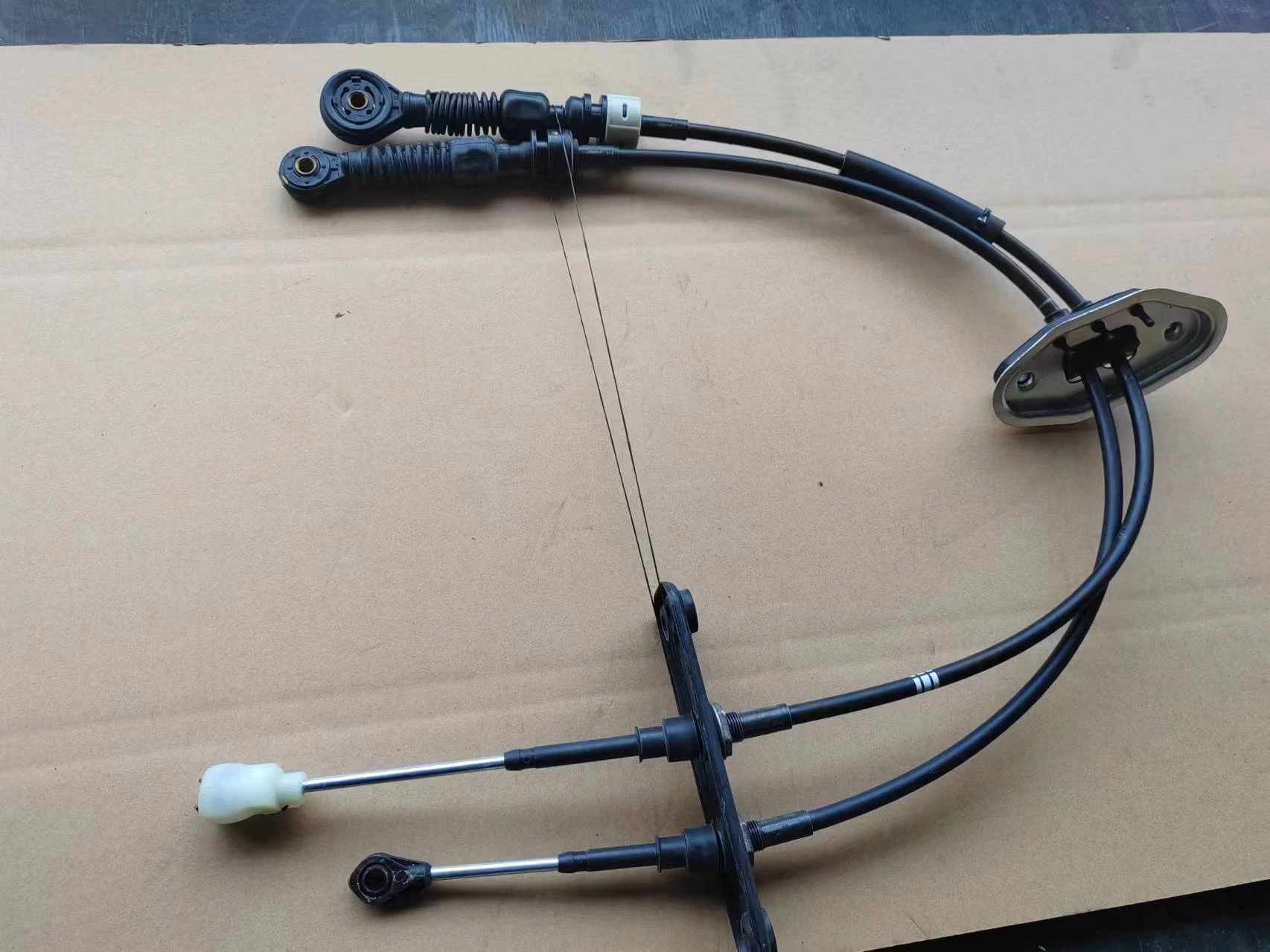clutch fluid pipe
Understanding Clutch Fluid Pipes A Comprehensive Guide
The automotive world is filled with intricate systems that work in harmony to ensure a vehicle operates smoothly. One crucial element in vehicle performance is the clutch system, particularly the clutch fluid pipe. This article explores the significance of clutch fluid pipes, their construction, functionality, common issues, and maintenance tips.
What is a Clutch Fluid Pipe?
A clutch fluid pipe is a vital component of the hydraulic clutch system in manual transmission vehicles. Its primary role is to transport hydraulic fluid from the master cylinder to the slave cylinder. This fluid acts as a medium that transfers force; when the driver presses the clutch pedal, the master cylinder generates pressure that pushes the hydraulic fluid through the pipe, actuating the slave cylinder, which disengages the clutch.
Construction of Clutch Fluid Pipes
Clutch fluid pipes are typically made from metal or high-quality rubber to withstand the varying temperature and pressure conditions found within the engine compartment. Metal pipes, such as those made from stainless steel or aluminum, provide robustness and durability, while rubber options offer flexibility, reducing vibrations and potential rupture. The design must be precise, as even the slightest imperfection could lead to fluid leaks, resulting in clutch failure.
The Importance of Clutch Fluid
The hydraulic fluid within the clutch system is specially formulated to maintain a consistent viscosity and prevent corrosion within the system. Commonly, brake fluid (often DOT 3 or DOT 4) is used due to its ability to withstand high temperatures and its non-compressible nature, which allows for efficient force transmission. Regular checks and maintenance of the clutch fluid are vital for prolonging the life of the clutch system and ensuring safe operation.
Common Issues with Clutch Fluid Pipes
Clutch fluid pipes can encounter several problems over time, primarily due to wear and tear or environmental factors. Here are some common issues
1. Leaks One of the most prevalent issues is fluid leakage, which can stem from deterioration of the pipe material or connection points. A leak can lead to a drop in hydraulic pressure, resulting in a sluggish or unresponsive clutch.
clutch fluid pipe

2. Clogging Contaminated fluid may cause blockages in the pipes, hindering fluid flow and affecting clutch operation. This can result in increased pedal effort or difficulty engaging gears.
3. Corrosion Metal pipes are susceptible to corrosion, particularly in harsh environments where exposure to moisture or road salt is common. Corrosive build-up can weaken the pipe material, leading to potential failure.
4. Improper Routing Incorrect routing of the fluid pipe can cause it to rub against other components, leading to wear or damage over time. Ensuring that the clutch fluid pipe is installed correctly is crucial for its longevity.
Maintenance Tips for Clutch Fluid Pipes
To ensure the efficiency of the clutch system and prevent common issues, regular maintenance is essential. Here are some tips
1. Regular Inspection Periodically check the clutch fluid pipes for any signs of wear, leaks, or corrosion. Look for fluid stains or moisture around connections.
2. Fluid Replacement Ensure that the hydraulic fluid is replaced according to the manufacturer’s recommendations. Old or contaminated fluid should be flushed out to prevent clogging and corrosion.
3. Secure Routing Check that the fluid pipe is appropriately routed away from heat sources or components that could cause damage. Secure it with brackets to prevent vibration-related wear.
4. Professional Servicing If issues are detected, consult a professional mechanic. They can perform more in-depth diagnostics and repairs, ensuring that your clutch system remains in optimal condition.
Conclusion
The clutch fluid pipe plays a pivotal role in the functioning of a manual transmission clutch system. Understanding its importance, potential issues, and maintenance can help vehicle owners ensure smoother gear transitions and prolong the lifespan of their car’s clutch system. A proactive approach to checking and maintaining clutch fluid pipes will contribute significantly to overall vehicle performance and safety.
-
Workings of Clutch Pipe and Hose SystemsNewsJun.04,2025
-
The Inner Workings of Hand Brake Cable SystemsNewsJun.04,2025
-
The Secrets of Throttle and Accelerator CablesNewsJun.04,2025
-
The Hidden Lifeline of Your Transmission Gear Shift CablesNewsJun.04,2025
-
Demystifying Gear Cables and Shift LinkagesNewsJun.04,2025
-
Decoding Clutch Line Systems A Comprehensive GuideNewsJun.04,2025
